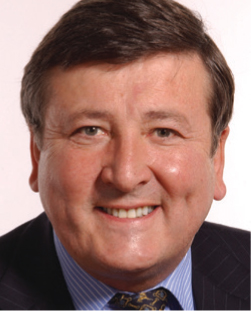Article

Introduction
In 2019, a Parliamentary select committee inquiry was established to examine the state of UK dentistry.
It set out a series of questions and asked for written submissions to be made in point form. This was a personal submission giving my responses to those questions.
Once the December 2019 general election was called all the select committees were dis-established.
It is uncertain if that select committee will re-convene or, if so, when that might happen and when, if ever, it will report.
Written evidence from Mr Martin Kelleher
Q1. What is the state of the relationship between the NHS and dentistry?
Summary:
NHS dentistry faces a range of existential challenges – a recruitment and retention crisis and a failed contract which is devastating morale in the profession.
Q2. How satisfactory are the arrangements for the provision of dental services by the NHS?
Q3. Are current arrangements contributing to the widening of health inequality?
Q4. How could access to NHS dentistry be improved?
Q5. Are there inequalities in access to dentistry services?
Q6. What could be done to address the inequalities?
Q7. Where does dentistry fit in within the NHS primary care services?
Q8. What opportunities are presented by the development of primary care networks?
Q9. What issues are affecting the wider dental workforce?
Q10. What steps need to be taken?
Q11. Is sufficient data available on the workforce and, if not, how should it be improved?
Q12. What are issues in commissioning and payment systems for NHS dental services and how can they be improved?
Q13. How can they be improved?
Q14. What needs to be included in or removed from the current NHS dental contract?
Q15. Is there enough focus on prevention in dentistry and what are the avoidable forms that could be addressed?
These soft fizzy drinks are now heavily promoted as being ‘calorie free and sugar free’ and they account for about half of fizzy drinks sales and profits. However, far from them being beneficial, they damage the teeth badly by dissolving them in the erosive acids so that large amounts of sound teeth disappear, rather than rotting them with the frequent sugar contact along with the acids therein.
Q16. What can be learned from best practice in other parts of the UK or EU?
Smoking cessation needs to be encouraged – but not by substituting vaping instead. Vaping is being quietly and corruptly encouraged by the tobacco industry as their new ‘cash cow’. Nicotine and other toxins in vaping still hit the mouth first and will probably have the same bad effects on the gums as smoking cigarettes.

